“Get active for the climate this summer: join us at a climate camp near you!”
15.07.2021
What is a climate camp?
Climate camps are gatherings of people that set up camp to directly block a location or an activity that is damaging our climate (for example, next to an airport or a gas plant or a coal mine). They are a form of protest, with the aim to create public attention through material and symbolic disruption. Climate camps are used for nonviolent action and are usually located in natural environments outside of the city. They are a possibility for people to meet, train, exchange ideas and strategize for climate action.
These climate camps build on a long tradition of climate activism and direct action climate campaigning in Europe. Although now they are well-established, they emerged over time from a process of experimentation and invention.
Joining a climate camp makes you feel empowered. Taking action is – for some – the only way to face the anxiety and despair that the future climate breakdown inflicts on us, and particularly on the younger generation. But, climate camps are not only the result of frustration and anger. They are positive, creative, collaborative, caring and community-oriented spaces. They’re forged from the desire for a “healthy, beautiful world, where individuality and creativity are supported, and where people work together”.
What happens at a climate camp?
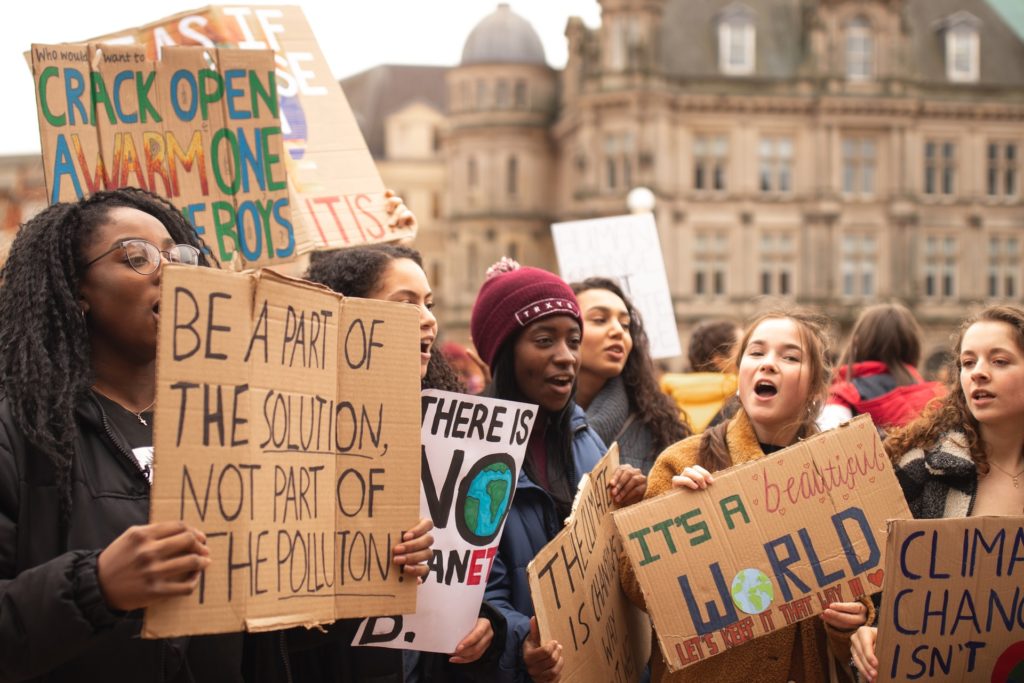
The camps are used to discuss, share and try out ideas from different climate movements. The way of life in the camps is sustainable and collaborative, and decisions are made by consensus. This is a place where many lifelong activists are ‘born’. The camps also offer a chance for people who are not regular activists to join a nonviolent mass action and learn what it means to ‘be an activist’, without needing to have much experience or background knowledge.
Workshops on activism being held in an extremely inclusive way. Spaces are accessible and actions designed so that people with disabilities and/or extra mobility needs can participate. They are an equal and open space for people from minority groups. They are an opportunity for self-organisation and empowerment: anyone can take over essential roles, and can choose for themselves whether these roles will or will not include risking arrest.
Climate camps are not built to stay permanently. They are temporary spaces where ordinary people meet and take collective on-the-ground action. They’re for networking and opening up public debate. Since the camps are often located in sensitive places, it’s considered a ‘win’ to stay in place as long as possible as there’s a higher chance for the media to take notice.
Where are the climate camps in Europe this summer?
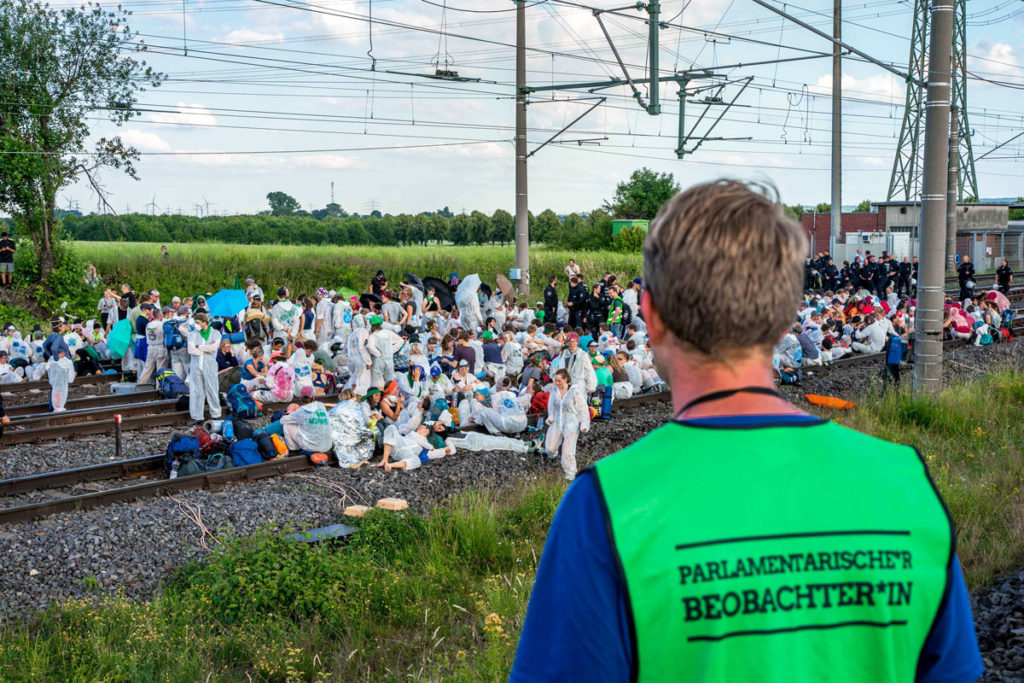
We’ve listed some recent and future climate camps happening across Europe this summer of 2021, that you could consider going to (click on the links to find out more):
June 2021:
- 11-17: Resistance camp and international days of action against G7, St Ives, United Kingdom
- 17-20: Climate camp in Lüneburg, Germany
- 19-21: Camp of meetings and actions against a project of extension of sand quarries and intensification of industrial market gardening, Saint Colomban, near Nantes, France
July 2021:
- 5-7: online climate camp, organised by the Rhineland climate camp, online.
- 6-11: Action camp against atomic weapons, Germany
- 7-11: G20 mobilization (planning still in progress), Venice, Italy
- 10-18: Gemeinsam gegen die Tierindustrie, action camp against the meat industry, Germany.
- 11-17: Rebellion Academy, Lausanne, Switzerland
- 23-25: Climate camp in Stuttgart, Germany
- 29 July – 2 August: Climate camp, Ende Gelaende alliance is going to target gas, Germany
- 31 July – 1 August: Urban climate camp in Munich, Germany
- 30 July – 5/6 August: Climate Camp in Zurich, actions targeting the fool financial sector, Zurich, Switzerland
- Starting from July, there will be climate camps all over France organised by ANV-COP21, Alternatiba and Amis de la Terre, France. Map and more info to come
September 2021:
- Climate Camp in Bruxelles, Belgium. More info to come
- 24 – 26: Climate Camp targeting Polish coal infrastructure, Poland. More info to come
- 28 Sept – 3 Oct: Pre-COP, Climate Camp under construction, Milan, Italy.
Climate Camps to be announced:
- Between August and October there will decentralized camps organised by the Federation of Young European Greens around the theme of democracy
- Greenpeace Poland organizes camps every year, usually they announce them in the middle of June or beginning of July.
How can I join a climate camp?
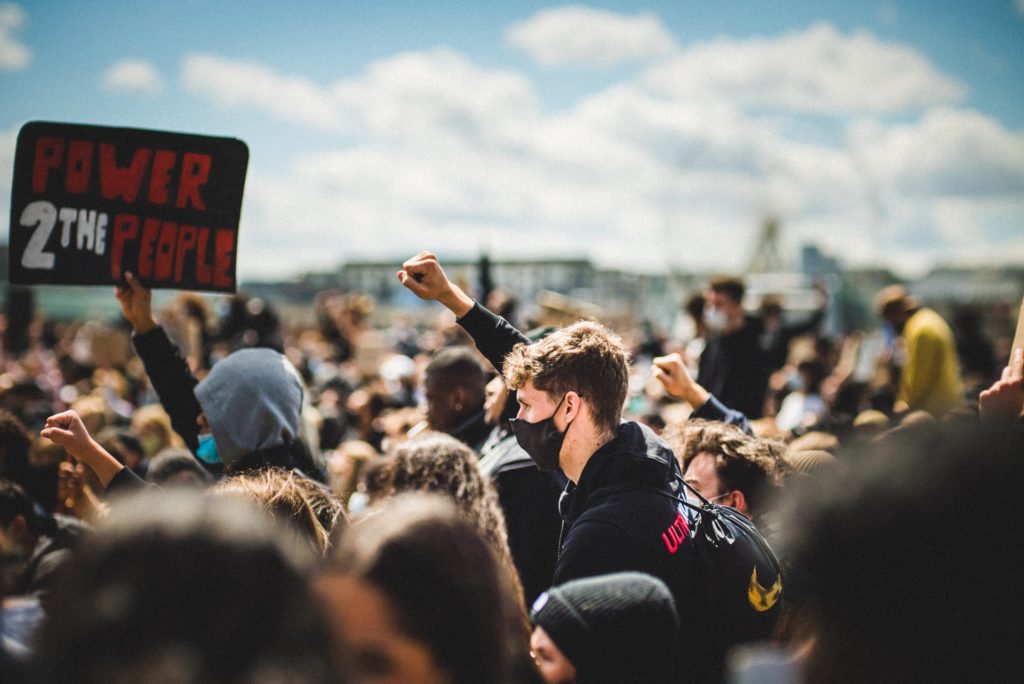
- Decide what camp you want to join this summer.
- Create an affinity group, a group of fellow activists or friends that you trust and feel comfortable with to join the camp in a group. If you are flying solo, the climate camps can also create an affinity group for you.
- Get in touch online (via the links above) or via activist platforms on Telegram, Signal, Discord, Facebook or Instagram.
Climate camps are very accessible and easy to join. You can use the links to the websites of the camps that we have provided above.
Why should I join a climate camp?
“We find activists engaged in direct action outside the established political system had policy knowledge and agendas comparable to or surpassing those active within the system. Support for radical change appears correlated with – rather than opposed to – knowledge and interest in policy agendas”
As the quote above says, although these actions are seen as radical – they are not. The system is just radically wrong. Petitions and strikes are not enough. We have the credibility to rebel against this system because we didn’t build it. The policies, laws and deals that are currently destroying our chance for a healthy future are not made by us.
And, therefore, we have the right to fight them, because they do directly affect us.
Many activists often feel powerless when it comes to the climate crisis. Obviously, no one can change this system alone, but we can all be part of the wave of change that is emerging around the world. As individuals, we are not responsible for the climate crisis, but we are a part of it. And many of us have the tools to fight it.
We hope to see you this summer, together with millions of other people, joining a climate camp!
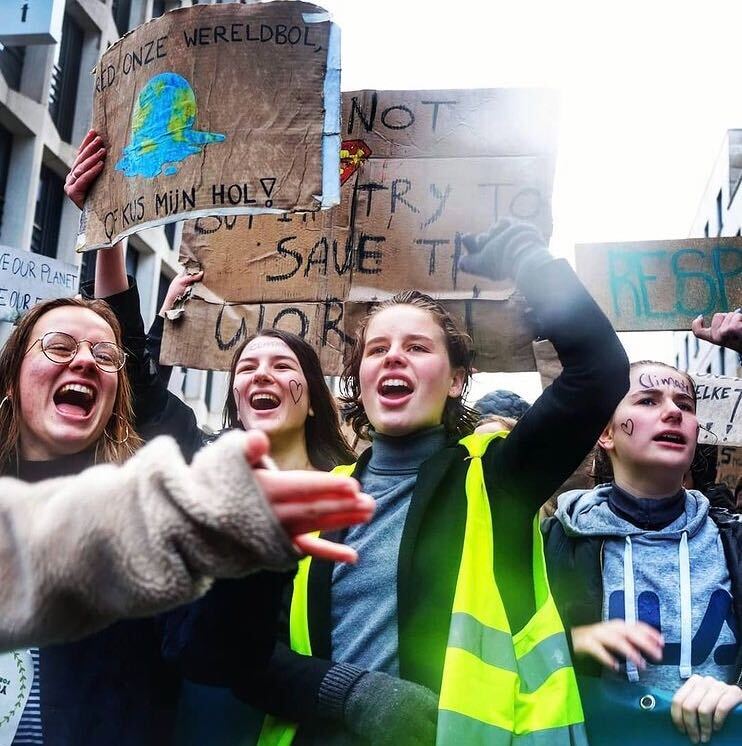
Anuna De Wever 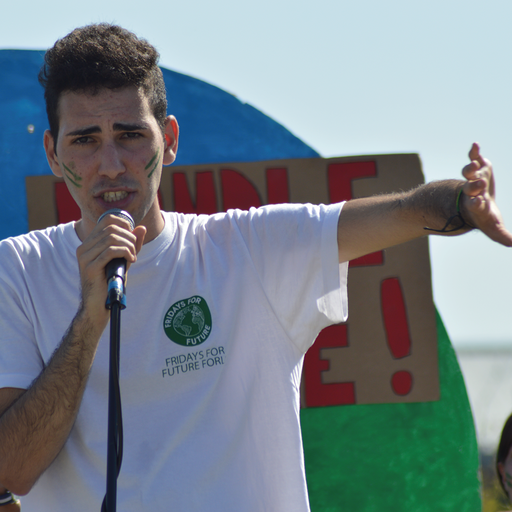
Marco Pitò
We are Anuna De Wever and Marco Pitò, two climate activists active in the Fridays For Future movements in Italy, Belgium and on an international level.
We have campaigned on various EU policies together like the Common Agriculture Policy, The Climate law and the Mercosur-trade agreement. The green deal was the Eu’s green promise to be carbon neutral by 2050. In these blogs we lay out all the different aspects of the green deal and build the bridge between the climate activists in the streets and the politicians in the European Parliament. We would like to offer young activists more information about the internal trade-offs to pressure the right points, and debate with our politicians to show them there are millions of people all around the world ready and waiting for change.
More information:
Gábor Vágó – Climate Campaigner
gabor.vago@ep.europa.eu